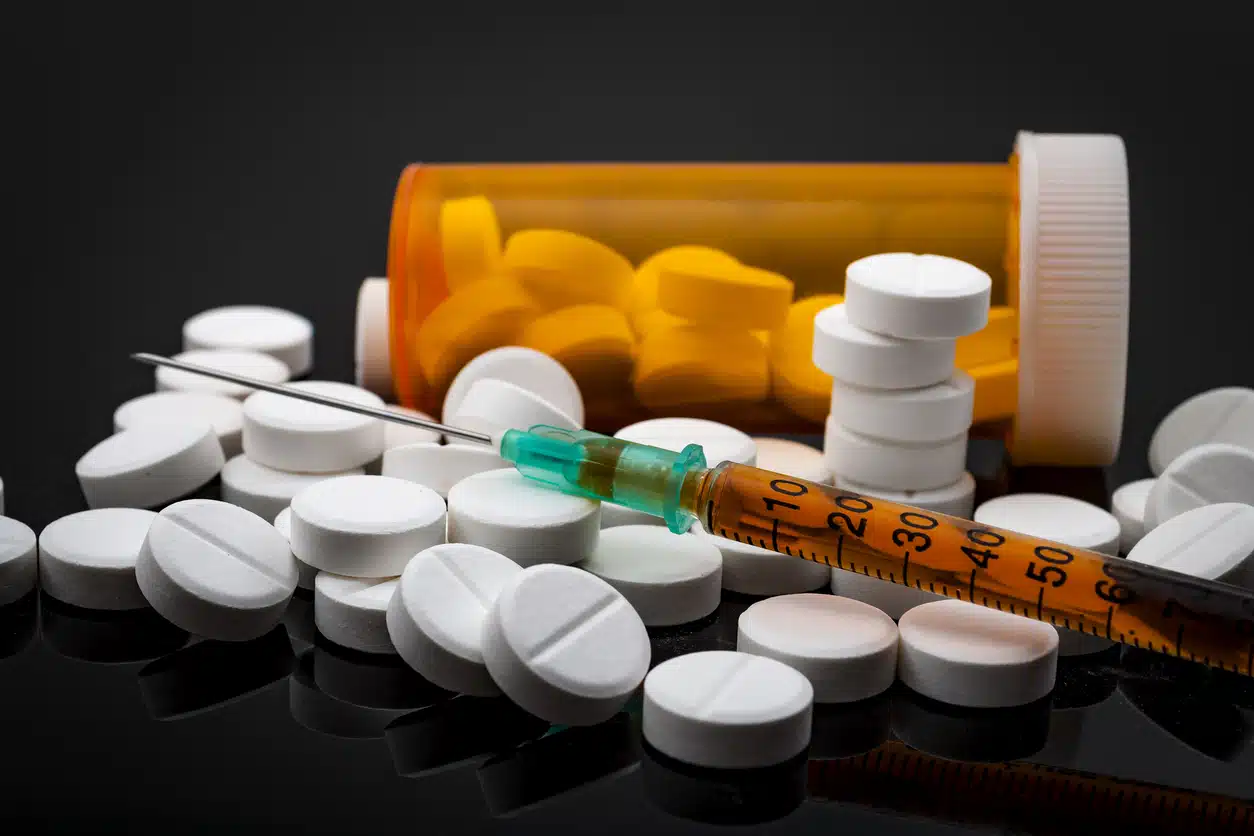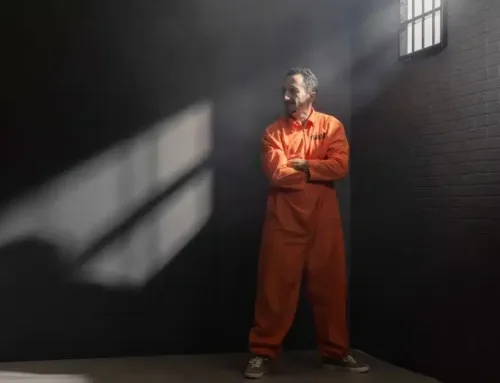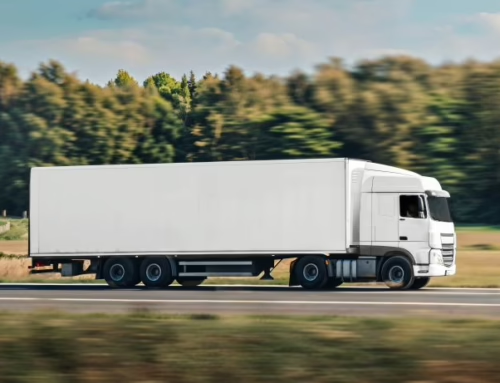Under Washington criminal law, terms like “drug distribution” and “drug trafficking” are sometimes used interchangeably. However, under state law, these charges have different legal definitions, elements, and penalties. Understanding the distinction can help you better understand the severity of your charge. Please contact a skilled criminal defense attorney now if you have been charged with any type of drug crime.
What is Drug Distribution?
Under RCW 69.50.401, drug distribution generally refers to delivering, selling, or transferring a controlled substance to another person.
Please note that you do not have to exchange money to be charged with distribution – simply giving drugs to someone else can qualify. For example, handing a small amount of methamphetamine to a friend (even without payment) can be charged as distribution.
A few other key points to consider are:
- The quantity of drugs in distribution cases is not as important as the actual act of transferring them, and
- Charges can be based on one-time events as well as ongoing conduct.
What is Drug Trafficking?
In Washington, drug trafficking is not covered under a separate statute as the one mentioned above, but the crime generally refers to high-volume or organized drug manufacturing, distribution, or transport. Drug trafficking often involves multiple people or crossing jurisdictional lines.
While the term is more common in federal law, Washington prosecutors may still use it informally for serious drug cases involving:
- Large quantities of controlled substances,
- Sophisticated operations (for example, drug rings or cartel-linked activity),
- Transportation across county, state, or national borders, and
- Conspiracies involving multiple participants.
An example of drug trafficking is coordinating the shipment of multiple kilos of cocaine from one state into Washington for resale.
What is the Overlap Between the Two?
While distribution focuses on the act of transferring drugs, trafficking usually involves the elements of scale and organization. In practice:
- All drug trafficking crimes involve distribution, but not all distribution is drug trafficking, and
- Prosecutors may charge a person involved in trafficking under distribution statutes, conspiracy statutes, or both.
What are the Penalties?
Both drug distribution and drug trafficking charges can carry severe consequences, but trafficking-level cases often result in harsher sentences due to the quantities of drugs involved and the organized nature of the conduct.
Drug distribution is a felony offense under Washington law. The crime is punishable by prison time, hefty fines, and the loss of civil rights.
Trafficking-related charges are usually prosecuted federally, where mandatory minimum sentences can apply. If these charges are prosecuted in Washington state court, large-scale operations can trigger enhanced penalties under the same distribution statutes or conspiracy laws.
Can a Defendant Raise a Legal Defense?
Yes. You have the right to challenge a distribution or trafficking charge with a legal defense. Possible defenses include:
- Lack of evidence showing a transfer or sale,
- Entrapment by law enforcement,
- Illegal search and seizure, and
- Mistaken identity or insufficient proof of involvement in a conspiracy.
Contact Black & Askerov for Help
While a defendant can raise a legal defense to challenge a distribution or trafficking charge, it will take a skilled criminal defense attorney to raise the best defense. The experienced criminal defense attorneys at Black & Askerov have over 30 years of combined experience defending clients on various drug charges. Our Seattle criminal defense lawyers also have the skill and commitment that makes all the difference in these cases. Contact us now to get the legal help you deserve!






